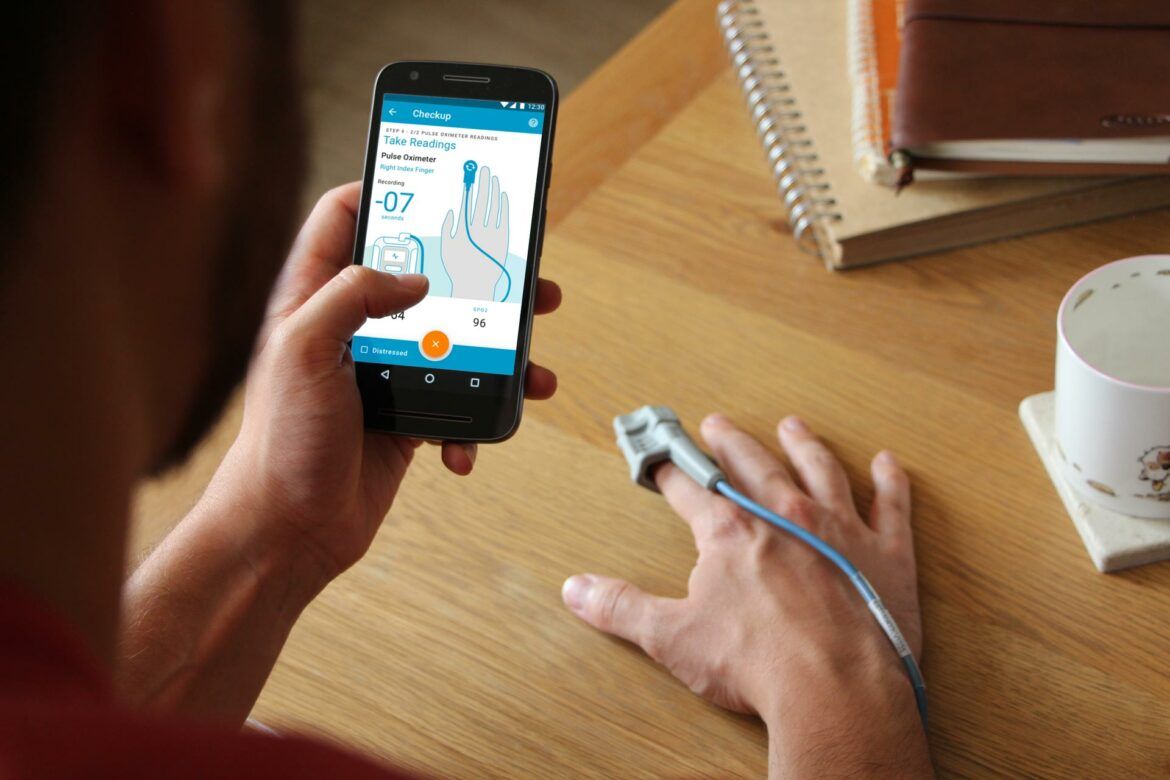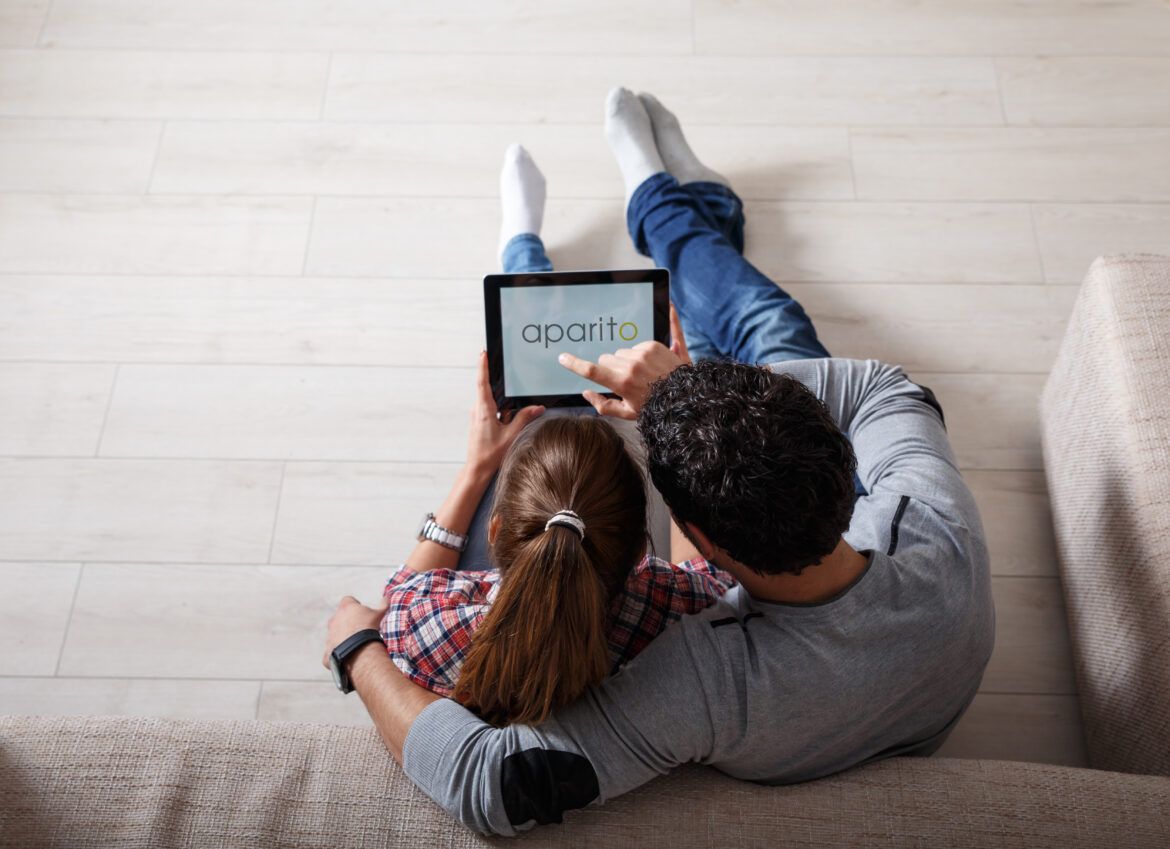New digital innovations tested for vulnerable people during Covid-19 outbreak
People who may be particularly vulnerable or isolated during the coronavirus (COVID-19) outbreak, including new parents, the homeless, unpaid carers, young people and cancer patients, could soon benefit from a range of innovative digital solutions selected as part of the TechForce19 challenge.
Today, NHSX, the Department of Health and Social Care (DHSC) and the Ministry for Housing Communities and Local Government (MHCLG) have announced 18 innovative digital solutions being awarded up to £25,000 under the TechForce19 challenge.
The funding for each project will be used to develop new ways to support vulnerable people who need to stay at home or need other help in the community for extended periods of time.
More than 1,600 innovations submitted bids in response to the challenge and successful projects include:
- Feebris for the most vulnerable who are isolating

Feebris helps carers to identify health risks and deterioration within elderly communities. The Feebris app guides a carer through a 10min check-up, including capture of vital signs from connected medical-grade sensors (digital stethoscope, pulse oximeter etc.). Powerful AI augments clinical guidelines and personalised monitoring to help decisions on triaging health issues. The intention is to provide Feebris to care homes to help carers triage the day-to-day health needs of their residents during the COVID-19 pandemic, and also enhance the capabilities of remote clinicians.
We are supporting care homes to set up virtual ward rounds and clinical assessments using Feebris. Find out more about our work here.
- Virti
Virti is one of our NHS Accelerator innovators, that aims to make experiential education affordable and accessible for everyone. Virtual and augmented reality, coupled with AI, transports users into difficult to access environments and safely assesses them under pressure to improve their performance. The system is used for training and patient education.
- Neurolove to support young people with mental health
Chanua provides Neurolove.org, a platform providing a friendly ear and human support for young people to help them to keep virtually social and safe online. Supporting young people to manage anxiety and low mood, they can book sessions directly with mentors and therapists and find content that will support them to manage their emotional and mental health in this current period of uncertainty.
- Aparito for contact tracing patients with rare diseases

Aparito uses remote monitoring technology (videos, wearables, photos and text) to gather patient-generated data outside of hospital. This is focused on patients with rare diseases. Data is captured and transferred via the patient’s own smartphone / tablet and made available to clinicians or researchers in real-time to help avoid direct contact during the Covid-19 crisis.
- Vinehealth for cancer patients
Vinehealth is a mobile app to support cancer patients and their loved ones during treatment by allowing them to easily track and understand their care, including their symptoms, side effects, appointments and medications. By completing a 1-minute daily log, cancer patients can develop a clear overview of their progress through treatment and access advice on how to cope and when to access health services. The Vinehealth app empowers cancer patients who are self-isolating to self-manage and feel more in control.
- Beam for homeless population

Beam is a digital platform that supports the homeless and vulnerable people sleeping rough. Beam takes referrals from local authorities and homeless charities, then ensures goods are funded, delivered and documented.
- Birdie
Birdie provides a digital platform for home care agencies to better manage the care they provide. Through an easy to use app, care workers capture daily visit logs, and a central hub allows staff to track real-time information. Birdie helps domiciliary care agencies to increase efficiency, and improves the care people receive in their homes through systematic monitoring, prevention of risks, and support to carers.
This list of solutions is testament to the talent being harnessed to address the consequences of the Covid-19 crisis. The health and care sector has already seen many solutions being deployed to support vulnerable citizens with mental health needs or other specific conditions, and the pandemic makes it even more necessary that we address the needs of citizens unable to access face-to-face care or even their usual social networks.
We are delighted that we have a series of solutions which can be piloted and then scaled to address these pressing needs
Guy Boersma, Digital & AI Lead, The AHSN Network, said:
For more information about the programme and to view the full list of digital innovations visit Techforce19.uk